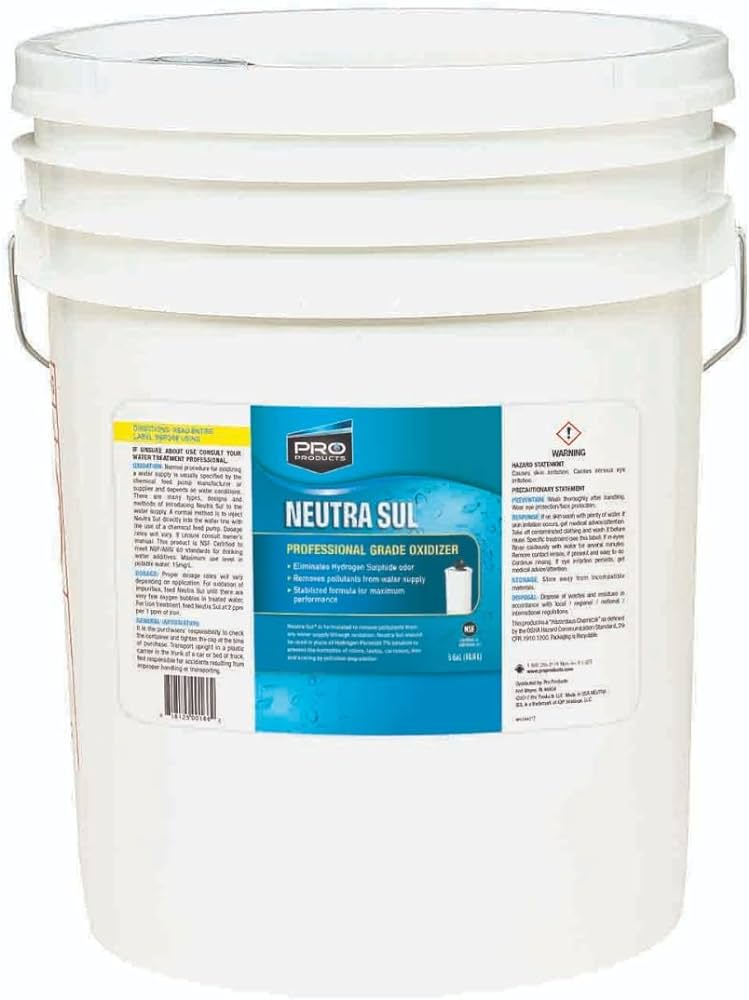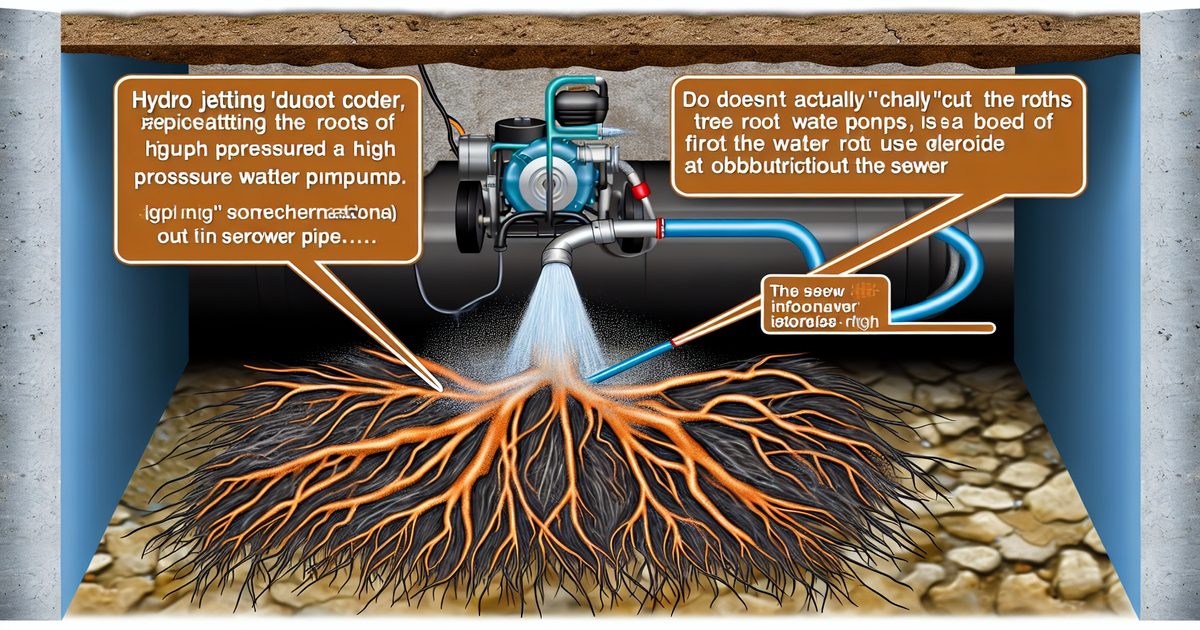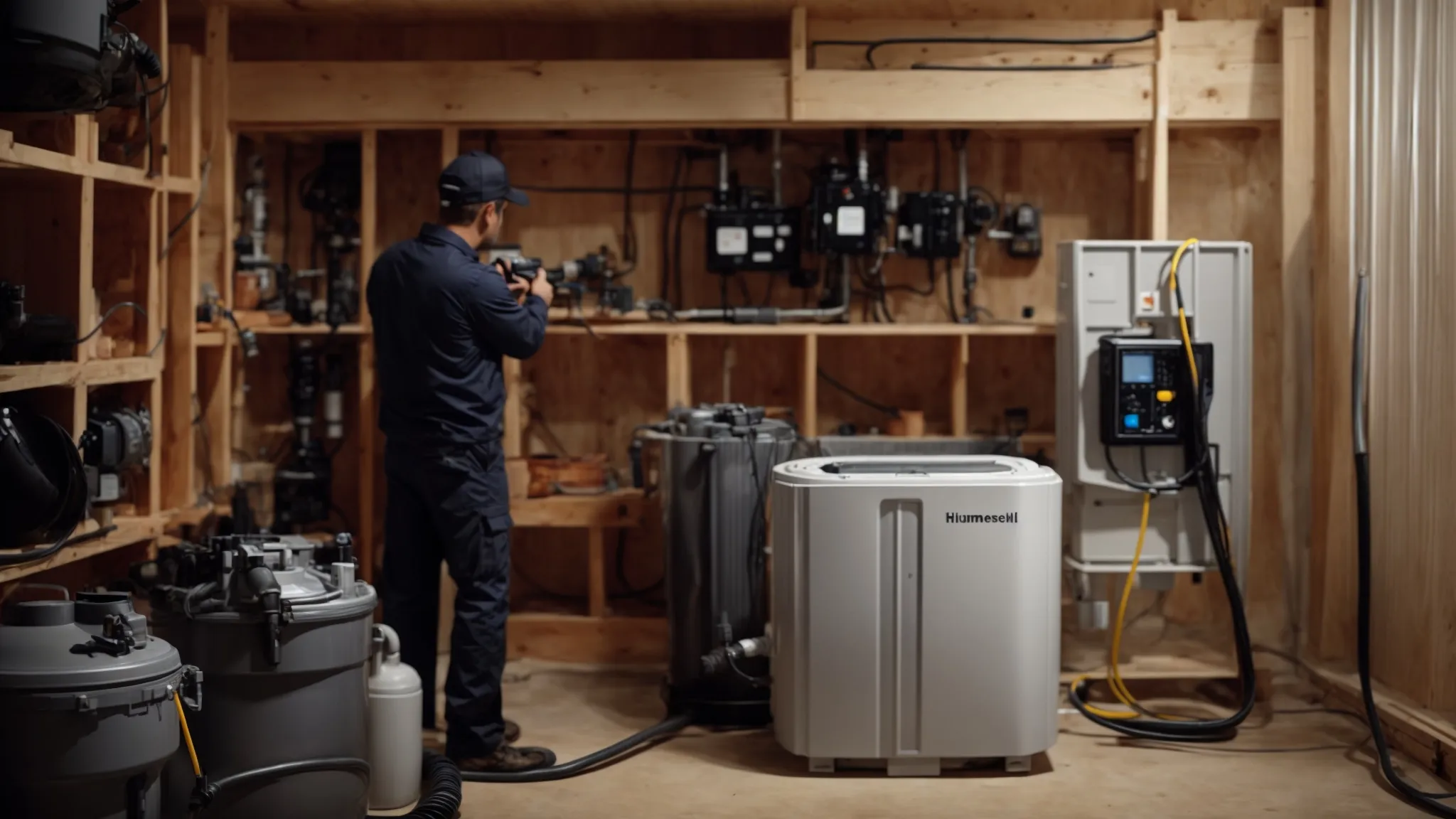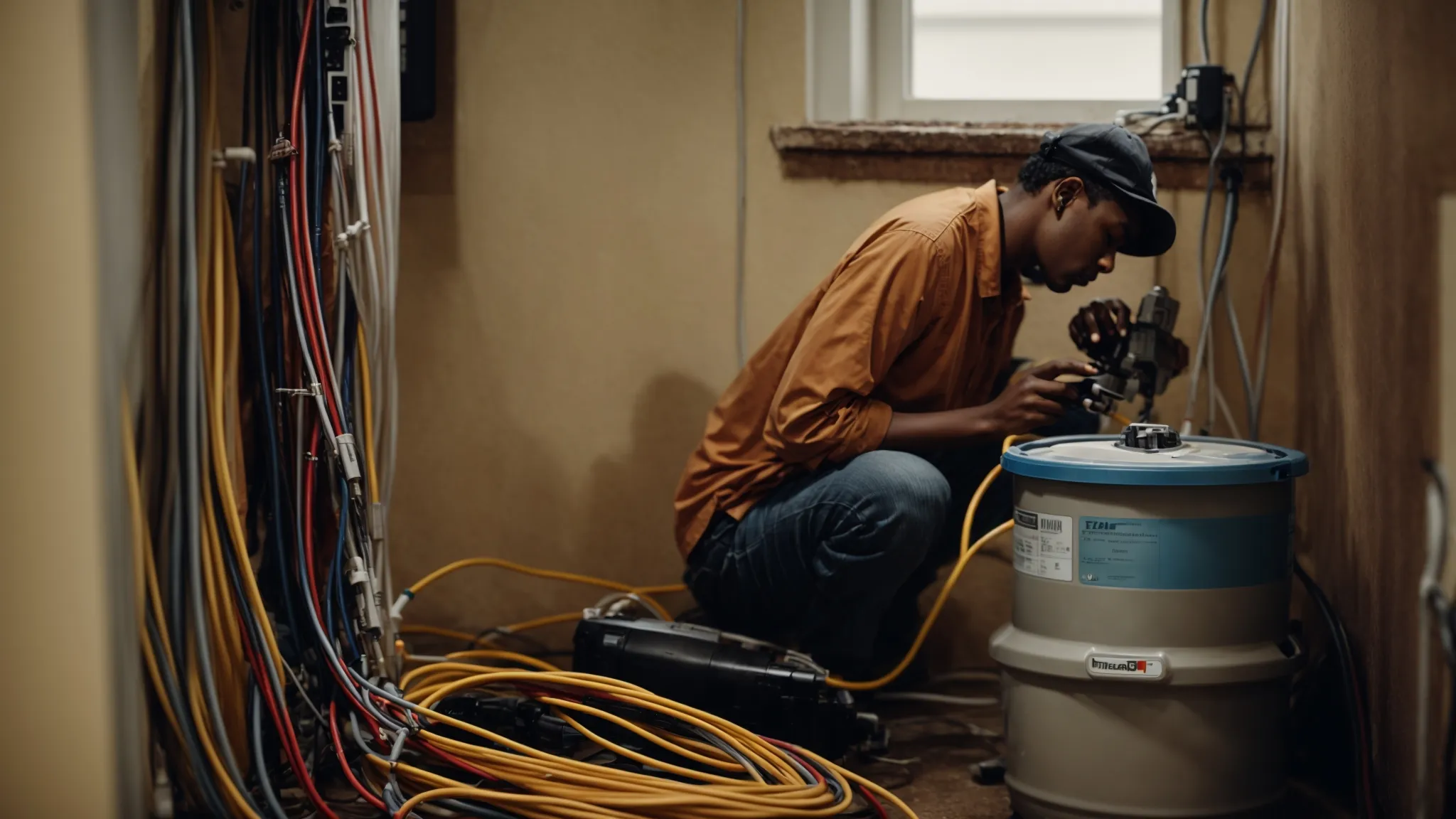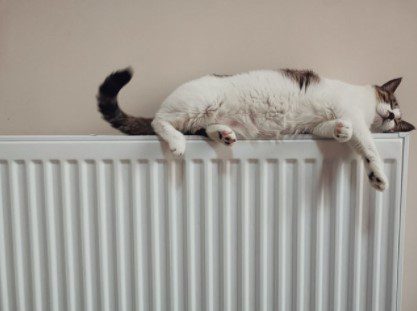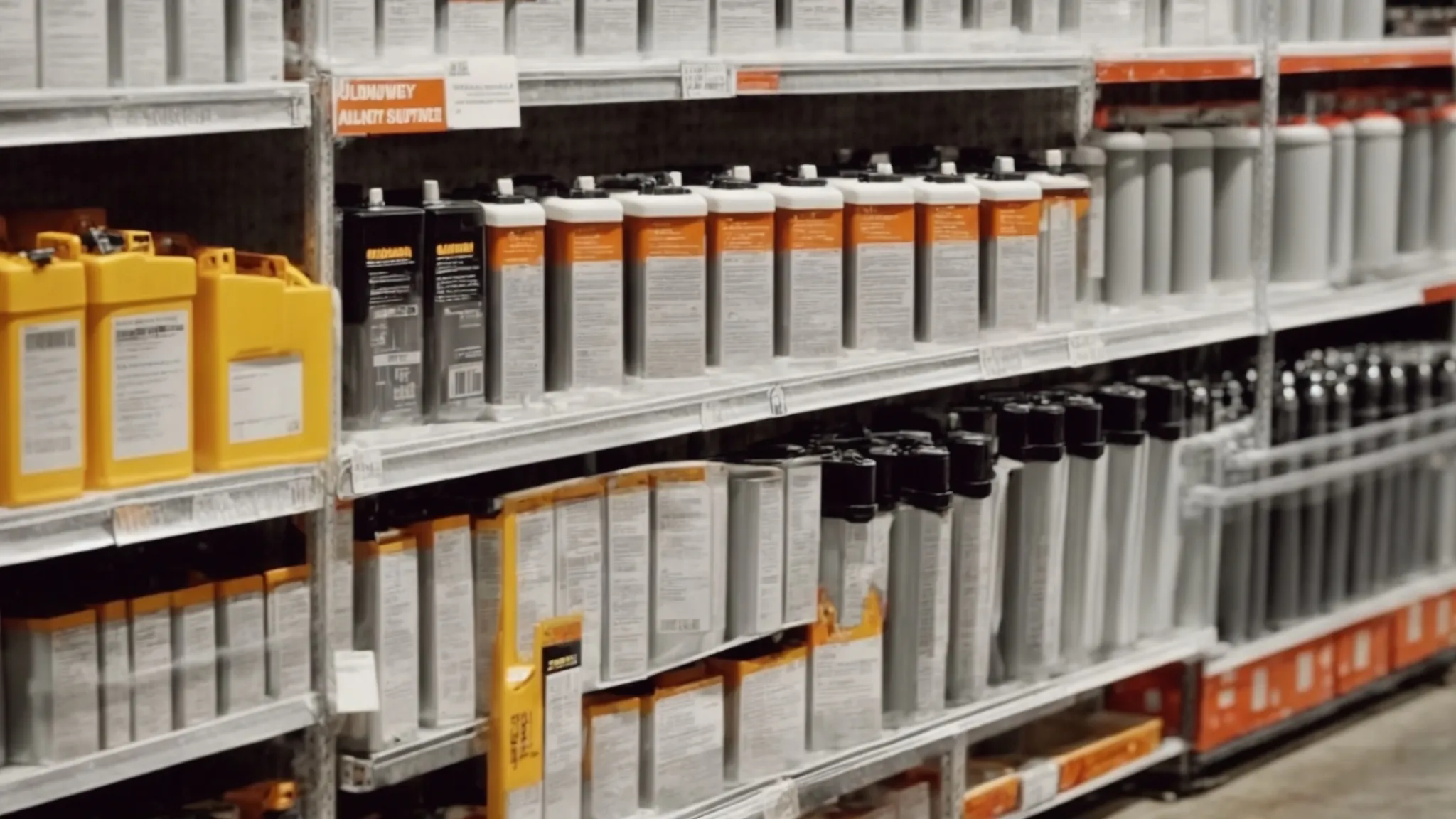Septic tank smells occur due to the buildup of solid waste and the production of harmful gases. Septic tank smells can be a nuisance and pose health risks if not addressed promptly.
These unpleasant odors are typically caused by the accumulation of solid waste in the tank, leading to bacterial activity and the production of gases like hydrogen sulfide and methane. These gases can escape through vents or plumbing fixtures, resulting in foul odors that can permeate your home or yard.
Regular maintenance, including regular pumping and proper waste management, can prevent and eliminate septic tank smells, ensuring a clean and healthy environment for you and your family.
Understanding The Causes Of Septic Tank Odor
Septic tank odor can be a nuisance and indicate underlying issues that need to be addressed. One common factor that contributes to septic tank smell is a bacterial imbalance. Septic tanks rely on a balanced ecosystem of bacteria to break down waste effectively. When this balance is disrupted, foul odors can occur. It is important to regularly maintain your septic tank to ensure optimal bacteria levels and prevent odor problems.
Another factor that can lead to septic tank odor is corroded pipes and leakages. When pipes become corroded or develop leaks, sewage gases can escape and create unpleasant smells. Regular inspection and maintenance of the septic system, including pipes, can help identify and fix any issues before they worsen.
By understanding the causes of septic tank odor, homeowners can take proactive measures to prevent and address the problem. Maintaining a healthy bacterial balance and promptly addressing any pipe issues can help keep septic tank smells at bay.

Credit: www.nytimes.com
Strategy 1: Regular Pumping And Maintenance
Regular pumping and maintenance are crucial strategies to prevent septic tank smells. By pumping your septic tank on a regular basis, you can maintain a healthy septic tank ecosystem. Pumping helps remove solid waste and prevent septic tank overflow, which can contribute to unpleasant odors. Additionally, regular maintenance allows for early detection of any issues that may lead to foul smells. It is essential to choose the optimal frequency for septic tank maintenance based on factors such as the tank’s size and the number of occupants in your household. A professional septic tank service provider can help determine the best pumping schedule for your specific system.
Strategy 2: Introducing Probiotic Treatments
Probiotic treatments are gaining popularity in the septic tank industry due to their numerous benefits. These treatments help restore balance in septic tanks and eliminate unpleasant odors. How do probiotics achieve this? They contain beneficial bacteria that break down organic waste and reduce the presence of harmful bacteria, thus improving the overall health of the tank.
Using probiotics in septic tanks has several advantages. Firstly, these treatments are environmentally friendly as they do not contain harsh chemicals that may contaminate the soil or groundwater. Additionally, probiotics help break down waste more efficiently, ensuring better decomposition and reducing clogs and backups. They also aid in preventing the formation of scum and sludge layers, which can cause foul odors.
When searching for probiotic products, it is important to choose ones specifically designed for septic tanks. These products typically contain a blend of beneficial bacteria that are proven to be effective in restoring tank balance. Regular use of these recommended probiotics can help maintain a healthy and odor-free septic system.
Strategy 3: Proper Waste Disposal Practices
Proper waste disposal practices can significantly impact the occurrence of septic tank odor. Educating residents on suitable waste disposal methods is crucial in preventing the unpleasant smell. Certain items can have a detrimental effect on septic tanks and contribute to the odor. It is important to inform residents about the impact of items like grease, oil, chemicals, and non-biodegradable materials on the septic system. Encouraging environmentally-friendly disposal habits is another strategy to eliminate septic tank smell. This includes promoting the use of biodegradable products and discouraging the disposal of hazardous waste down the drains. By raising awareness and providing guidance on responsible waste disposal, we can minimize septic tank odor and help create a healthier environment.
Strategy 4: Ensuring Adequate Ventilation
Septic tank odor is a common problem that can be effectively tackled by implementing the right strategies. One vital aspect that is often overlooked is proper septic tank ventilation. Adequate ventilation is of utmost importance as it promotes airflow and helps reduce unpleasant smells.
A practical way to improve ventilation is by installing vents in strategic locations within the septic system. These vents allow air to circulate within the tank, preventing the buildup of noxious gases that cause foul odors. By facilitating the movement of air, vents also help maintain the balance of bacteria that aid in waste digestion.
However, it is crucial to avoid certain common mistakes when ventilating septic tanks. For instance, placing vents near windows, doors, or outdoor living spaces can result in the odor being released to areas where people frequent. It is also important to ensure proper sizing and placement of vents to prevent potential issues.
Strategy 5: Implementing Bacterial Additives
Implementing bacterial additives is a key strategy for controlling septic tank odor. Bacterial additives play a crucial role in breaking down solid waste and preventing the generation of foul smells. Choosing the right bacterial additives is essential for optimal results. Look for highly effective bacterial additives that contain a diverse range of strains, capable of digesting different types of waste materials. These additives actively work to reduce the production of hydrogen sulfide gas, which is primarily responsible for the unpleasant odor.
When introducing bacterial additives into the septic system, it is important to follow the proper guidelines. Start by measuring the correct dosage based on the size of your tank. The additives can be directly poured into the toilet and flushed to ensure even distribution and maximum contact with the waste. Regularly adding bacterial additives will help maintain a balanced microbial population in the septic tank, improving overall performance and preventing foul odors.
Strategy 6: Checking For Structural Issues
Structural issues can contribute to septic tank smells, so it’s important to identify and address them promptly. Cracks, leaks, and damaged components in the tank can compromise its functionality, leading to unpleasant odors. Regular inspections and maintenance are crucial in identifying potential structural problems. Professional assistance should be sought for repairs and inspections to ensure thorough and accurate assessments. These specialists have the expertise and knowledge to identify and resolve issues effectively. By addressing structural problems promptly, homeowners can prevent septic tank smells and maintain the proper functioning of their septic systems.
Strategy 7: Preventing Water Accumulation And Drainage Issues
Septic tank odor can be a major problem in many households, causing discomfort and inconvenience. One important strategy to prevent the accumulation of water and drainage issues in your septic tank is to address the relationship between water buildup and the foul smell. By exploring drainage solutions, you can effectively eliminate odor problems. You can start by implementing strategies to prevent water buildup in the drainfield. This can include diverting surface water away from the drainfield, ensuring proper grading and sloping of the area, and avoiding planting trees or shrubs with extensive root systems near the drainfield. Additionally, regular maintenance such as pumping the septic tank at regular intervals can help prevent water accumulation and maintain a healthy septic system. By following these strategies, you can ensure a pleasant and odor-free environment in your home.
Frequently Asked Questions On Why Septic Tank Smell
How Do I Get Rid Of The Smell In My Septic Tank?
To eliminate septic tank odor, follow these steps: 1. Pump and clean the tank regularly to remove buildup. 2. Use bacteria additives to maintain healthy bacterial balance. 3. Avoid flushing chemicals or non-biodegradable items. 4. Repair any leaks or damages to prevent odor.
5. Ventilate the area around the tank for better air circulation.
Is It Normal For A Septic Tank To Smell?
Yes, it is normal for a septic tank to have a smell. The odor is caused by the decomposition of waste inside the tank. Regular maintenance and proper use can help minimize the smell. Ensure regular pumping and avoid flushing non-biodegradable items to keep the tank odor-free.
Why Does My Septic Tank Smell Like Sewage In My House?
The septic tank smell in your house is caused by a backup or leakage in the system. It could be due to a clog, damaged pipes, or an overloaded tank. Get a professional inspection and maintenance to fix the issue and prevent further odor problems.
How Do You Get Rid Of Sewer Smell?
To get rid of sewer smell, start by pouring bleach down drains and toilets, then flush with hot water. Next, check for leaks and repair any damaged pipes. Use enzymatic drain cleaners regularly to prevent buildup. Finally, maintain proper ventilation and regularly clean the bathroom.
Conclusion
Dealing with a septic tank smell can be an unpleasant and frustrating experience for homeowners. However, understanding the potential causes, such as a full tank, clogged pipes, or a malfunctioning vent, can help identify the right solution. Regular maintenance, proper disposal practices, and professional inspections are crucial for keeping septic systems in top condition and preventing odors from occurring.
By taking these necessary steps, homeowners can effectively address septic tank smells and ensure a clean and odor-free environment for their households.
